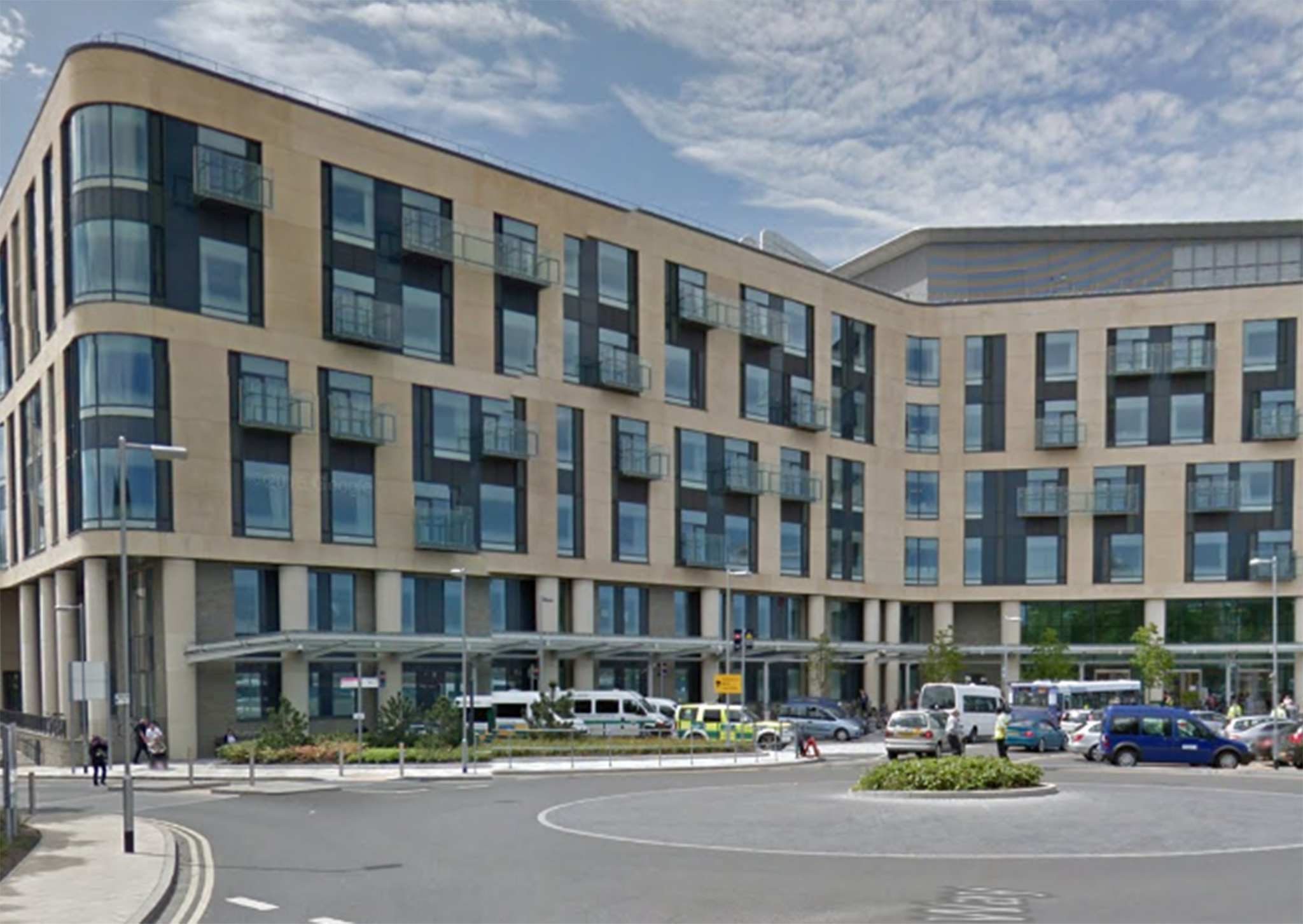Nurse died from cervical cancer after being told smear and biopsy were normal, inquest hears
‘Opportunity to diagnose Julie’s cancer was missed,’ bereaved husband says

Your support helps us to tell the story
From reproductive rights to climate change to Big Tech, The Independent is on the ground when the story is developing. Whether it's investigating the financials of Elon Musk's pro-Trump PAC or producing our latest documentary, 'The A Word', which shines a light on the American women fighting for reproductive rights, we know how important it is to parse out the facts from the messaging.
At such a critical moment in US history, we need reporters on the ground. Your donation allows us to keep sending journalists to speak to both sides of the story.
The Independent is trusted by Americans across the entire political spectrum. And unlike many other quality news outlets, we choose not to lock Americans out of our reporting and analysis with paywalls. We believe quality journalism should be available to everyone, paid for by those who can afford it.
Your support makes all the difference.A nurse died from cervical cancer after a hospital failed to spot signs of her illness despite testing her for the disease on several occasions, an inquest has heard.
Julie O’Conner, 49, repeatedly visited her GP to complain of gynaecological issues over a 14-month period. In turn the GP made three referrals to specialists at Southmead hospital in Bristol.
However, the NHS hospital has accepted that its findings on both a smear test that presented a “false positive” and a biopsy from the lining of Ms O’Conner’s uterus that presented as negative for the disease, were wrong.
In a written statement to the inquest into her death, Ms O’Conner’s husband Kevin O’Conner claimed multiple opportunities to diagnose his partner’s illness, which was eventually spotted by a private practice before her death in February 2019, were missed.
“This negligence is of serious public concern and should scrutinise present and past decisions.” he said.
“There may be other victims who have received false negative pathology reports, and false gynaecology clinician examinations, at the North Bristol NHS Trust, who need to be reviewed.”
Ms O’Conner was referred to specialists in October 2015 — with gynaecologists telling her an endometrial biopsy was negative for cancer, and that the hospital had also provided a “false positive” result to a routine smear test carried out the previous year.
By August 2016 she returned to her GP with the same symptoms, and a coil was fitted to try to help her condition.
Again she was referred to Southmead following suspicions that she may have cervical cancer. She was seen in two weeks but told her cervix “looked normal”, the inquest heard.
By November she was still unwell, and her GP made a third referral to the specialists who saw her in February 2017. While she was still due to undergo further tests she decided to instead see a consultant at a private hospital.
Following initial suspicions she was diagnosed with cervical cancer, undergoing a course of chemotherapy and radiotherapy after further tests showed signs the disease had spread.
She died in a hospice less than 12 months after the stage-4 cancer was confirmed by the private consultant.
Mr O’Conner added: “At this point Julie was advised that the initial scan in March 2017 had been wrongly reported, and the metastases could be seen in the original imaging and should have been picked up at the time.
“North Bristol NHS Trust have accepted the cervical smear in 2014 was wrongly reported, and the root cause analysis document also records that the October 2015 endometrial biopsy was reviewed and a small number of cervical cancer cells were found.”
“Yet again an opportunity to diagnose Julie’s cancer was missed,” he added.
GP Dr Rebecca Williams told the inquest she had referred Mrs O’Connor back to Southmead because she felt her cervix was “harder than I would normally expect it to be” under examination, and “looked abnormally vascular”.
The inquest continues.